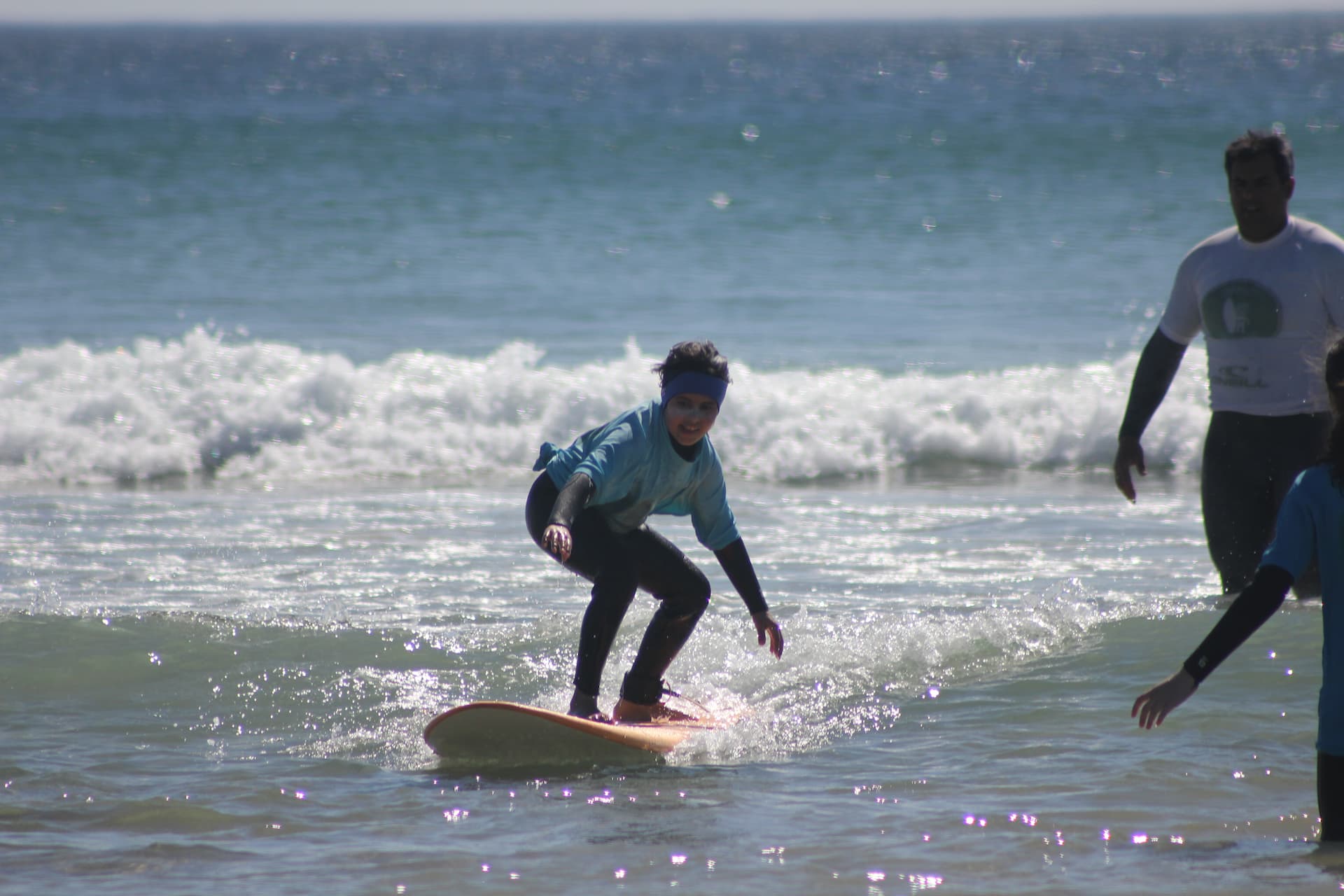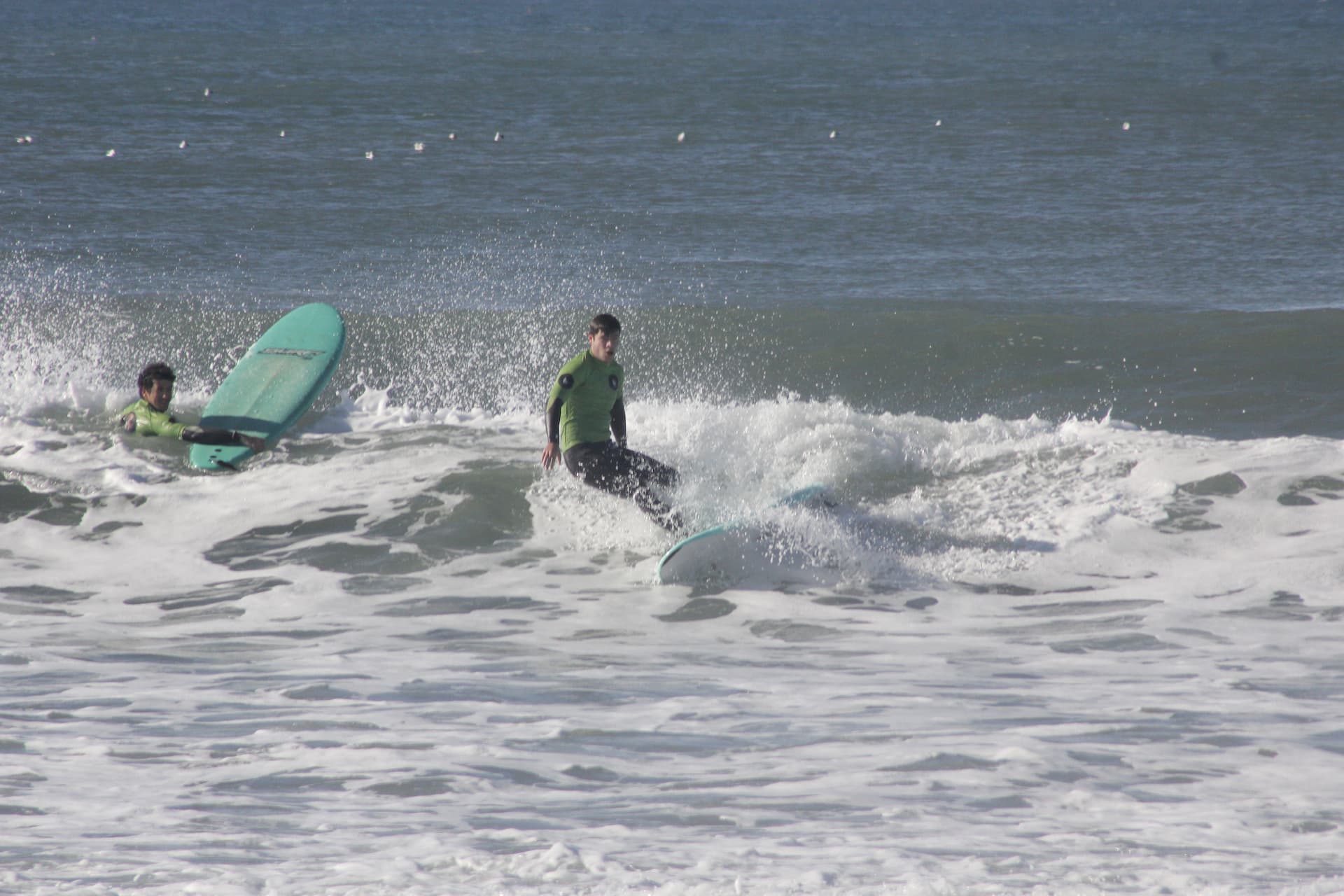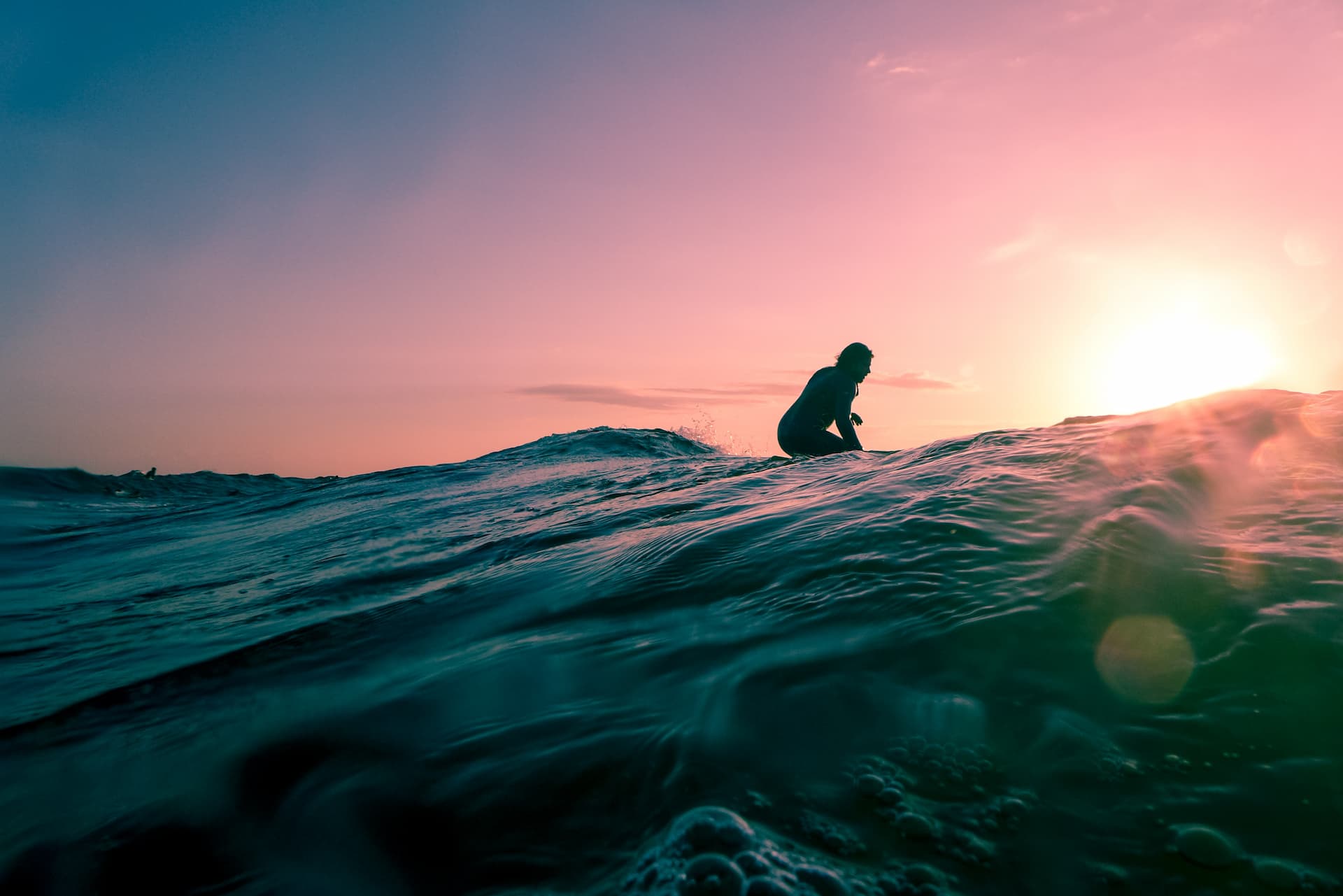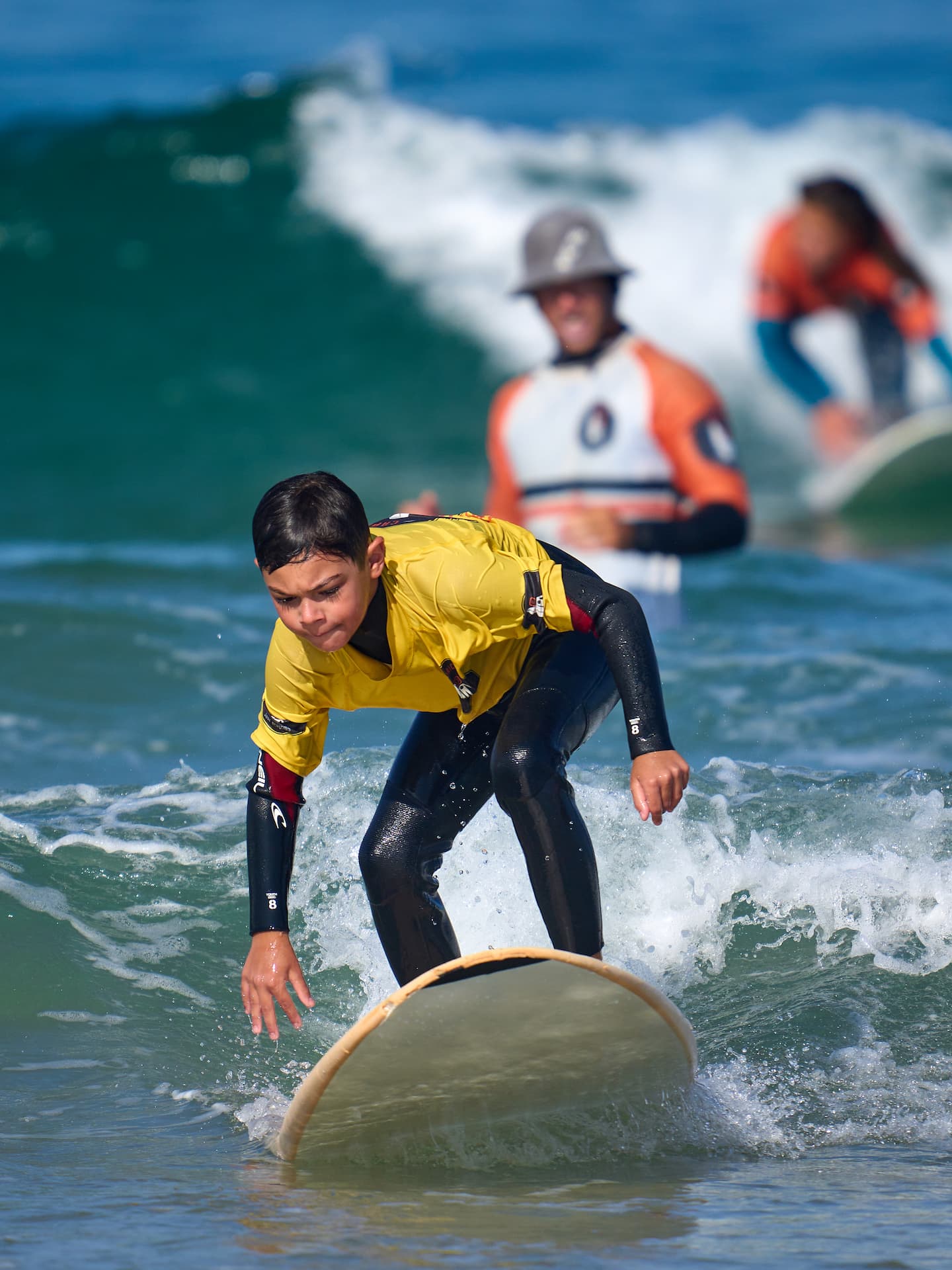Does surf hit everyone?
Is it OK to surf alone?
At some point, every surfer has had to answer this question. Surfing alone can be an exhilarating experience, allowing you to truly connect with the ocean and the waves. However, it can also be risky, as you are without the support and safety of a buddy. So, is it OK to surf alone?
The short answer is, it depends. There are several factors to consider before deciding whether to hit the waves solo. We will explore the pros and cons of surfing alone, as well as some safety tips to keep in mind.
One of the biggest benefits of surfing alone is the sense of freedom and independence it provides. You are free to paddle out whenever you want, catch any wave you please, and stay in the water for as long as you like. There is no one to hold you back or slow you down.
Of course, surfing alone also comes with some risks. Perhaps the most obvious is the fact that you do not have a buddy to watch your back. If you get into trouble in the water, there is no one to help you out.

Is it OK to surf alone?
This is a common question that many beginners ask before hitting the waves. The answer, however, is not a simple one. It depends on various factors such as water temperature, personal preference, and surfing location.
Wearing a wetsuit when surfing is essential for staying warm, protected, and buoyant. There are different types of wetsuits available, and choosing the right one depends on various factors such as water temperature and personal preference. By following tips for taking care of your wetsuit, you can ensure that it lasts for many surfing sessions to come.
Can you learn to surf in a day?
Are you a thrill-seeker looking for your next adventure? Do you want to experience the rush of catching a wave and riding it to shore? If so, then learning to surf may be just the activity for you! But can you really learn to surf in a day? The answer is yes, but with some important caveats.
At first glance, surfing may seem like a daunting and challenging activity that takes years to master. However, with the right instruction and a positive attitude, you can learn the basics of surfing in just one day.


Is surfing painful?
If you're new to surfing, or you've never tried it before, you might be wondering if surfing is painful. The answer is not a simple "yes" or "no". Surfing can be painful if you don't know how to do it properly, or if you don't take the necessary precautions to protect yourself. However, with the right knowledge and equipment, surfing can be a painless and enjoyable experience.
Don't let the fear of pain prevent you from experiencing the thrill of surfing. Read our blog post and learn how to make your surfing experience as painless as possible.
What are the negative effects of surfing?
Surfing is a beloved pastime for many people around the world. The feeling of catching a wave and riding it to shore is exhilarating, and the sport has become a symbol of freedom and adventure. However, while there are many positive aspects of surfing, there are also negative effects that should not be overlooked.
One of the most obvious negative effects of surfing is the risk of injury. The ocean is a powerful force, and even experienced surfers can be injured by waves or the ocean floor. From broken bones to concussions, surfing can be a dangerous sport. This is especially true for those who surf in rough or crowded conditions, where collisions with other surfers are more likely.
While surfing is an exciting and enjoyable sport, it's important to be aware of the negative effects it can have. From physical injury to mental health issues and environmental damage, there are risks associated with surfing that should not be ignored. By taking steps to minimize these risks and practicing responsible surfing, we can continue to enjoy the sport while also protecting ourselves and our planet.


Does surfing give you a good body?
thing for you! Surfing is a great full-body workout that can help you build strength, improve your balance, and increase your endurance. Not to mention, it's a lot of fun and a great way to enjoy the beautiful outdoors.
Surfing requires a lot of physical exertion, especially when you're trying to catch waves. Paddling out to the lineup and fighting against the current is a great upper body workout that will help you develop strong arms, shoulders, and back muscles. Once you're on the board, the constant balancing and stabilizing will help you work your core muscles, as well as your legs and glutes. Surfing also provides a great cardiovascular workout, as you'll be constantly moving and using your body to catch and ride waves. So if you're looking for a fun and effective way to stay fit and healthy, then give surfing a try!
Is surfing scary for beginners?
As a beginner surfer, it is completely normal to feel nervous and intimidated when you first start out. The thought of riding a wave on a board can be daunting, especially if you're not familiar with the ocean or haven't tried any water sports before. However, it is important to remember that surfing is a thrilling and exhilarating experience, and with the right guidance and practice, you'll soon be catching waves like a pro!
The key to overcoming any fear or anxiety is to start small and build your confidence gradually. Begin by taking lessons with a qualified instructor who can teach you the basics and ensure your safety in the water. Practice on smaller waves and gradually work your way up to bigger ones. Always listen to your instructor and pay attention to your surroundings, such as currents and weather conditions. Remember to stay relaxed and enjoy the experience - surfing is all about having fun and connecting with the ocean!
Surf Lessons